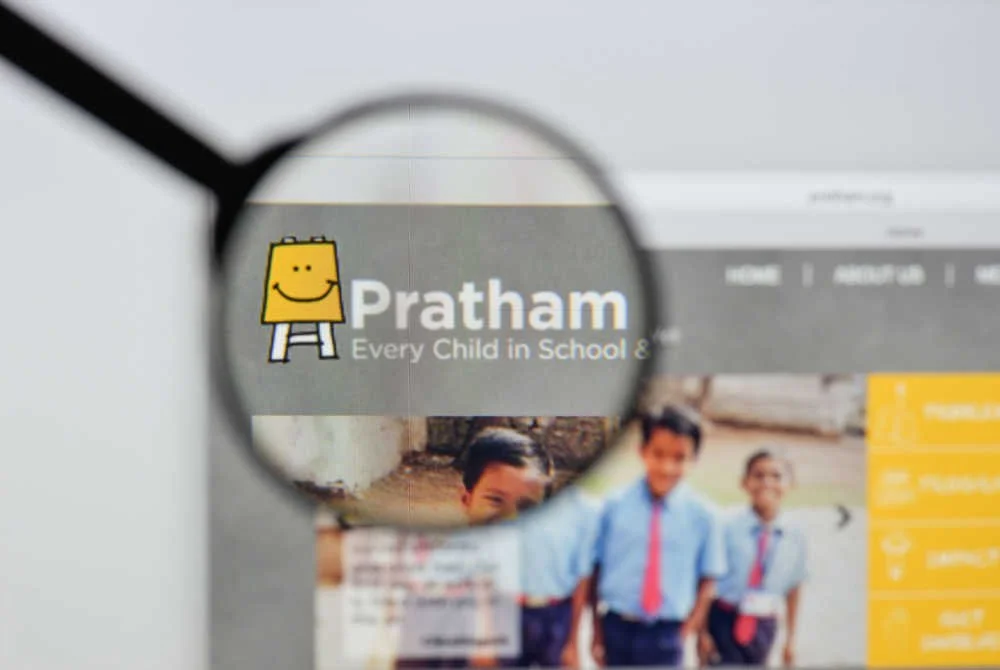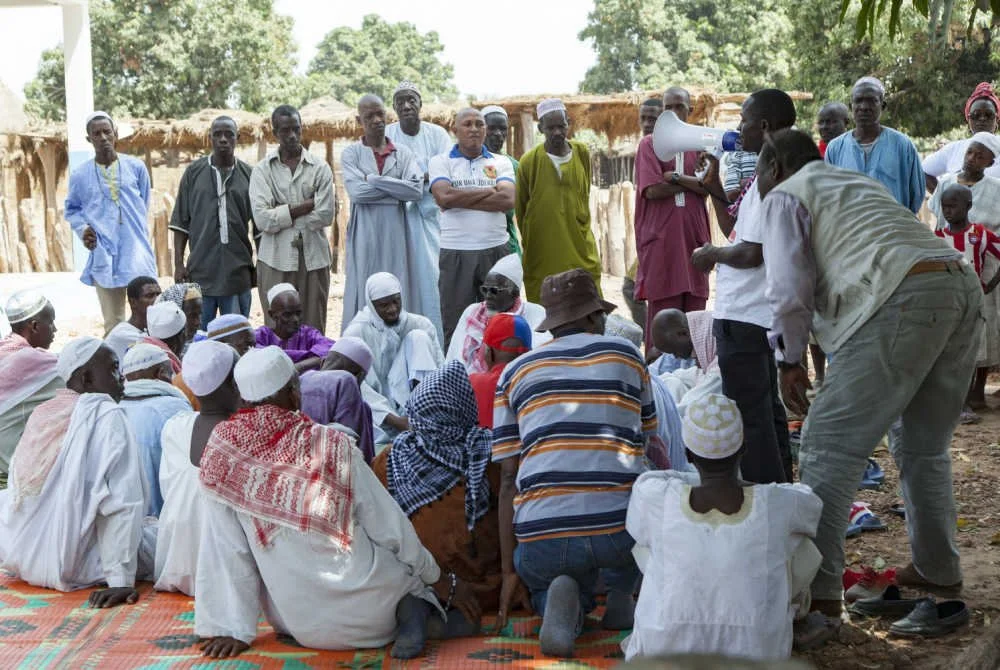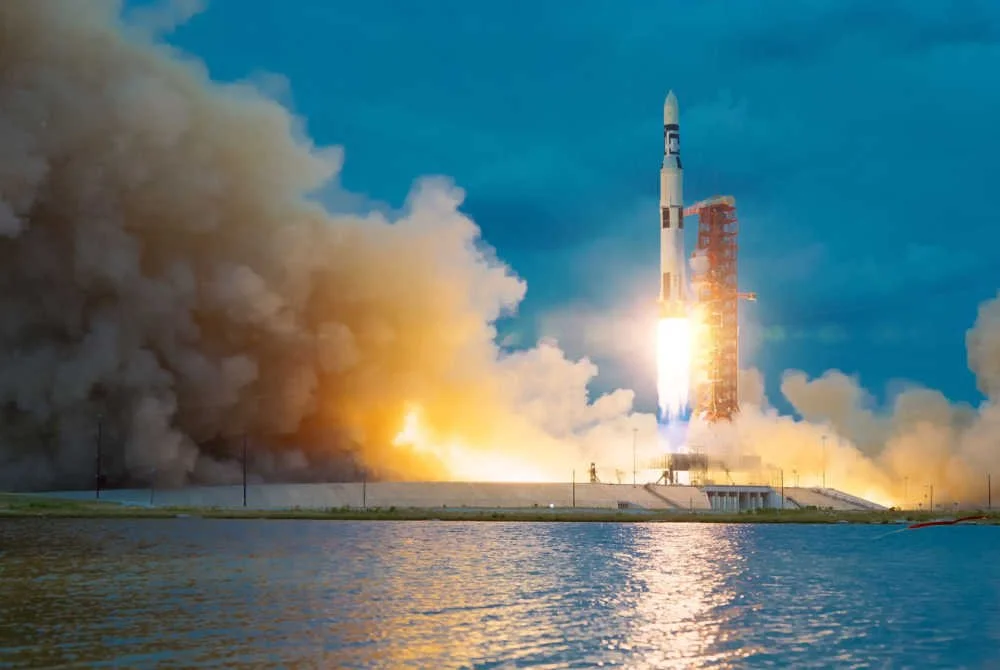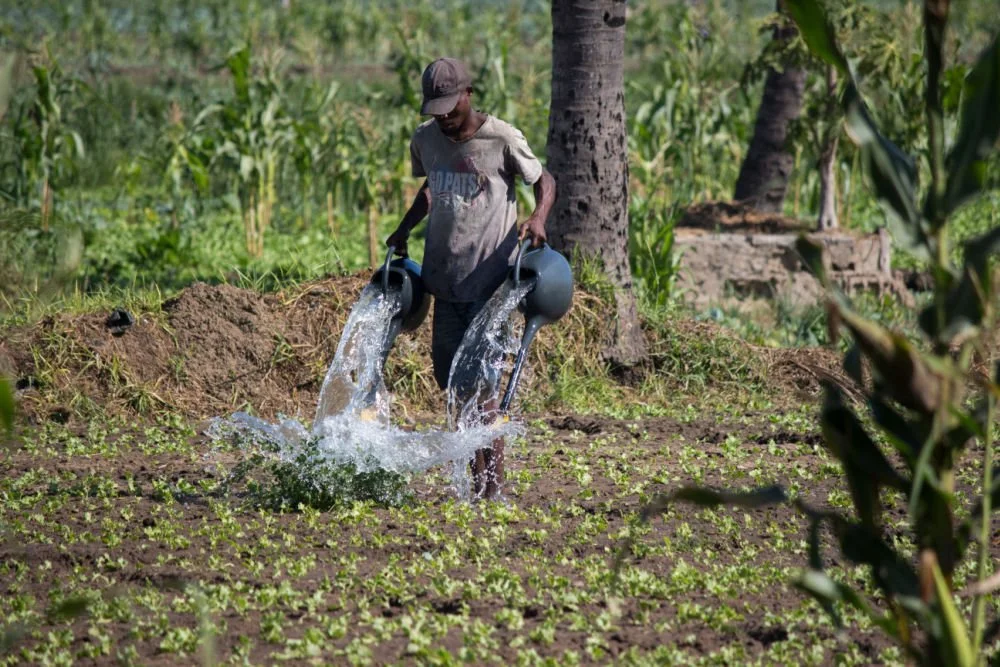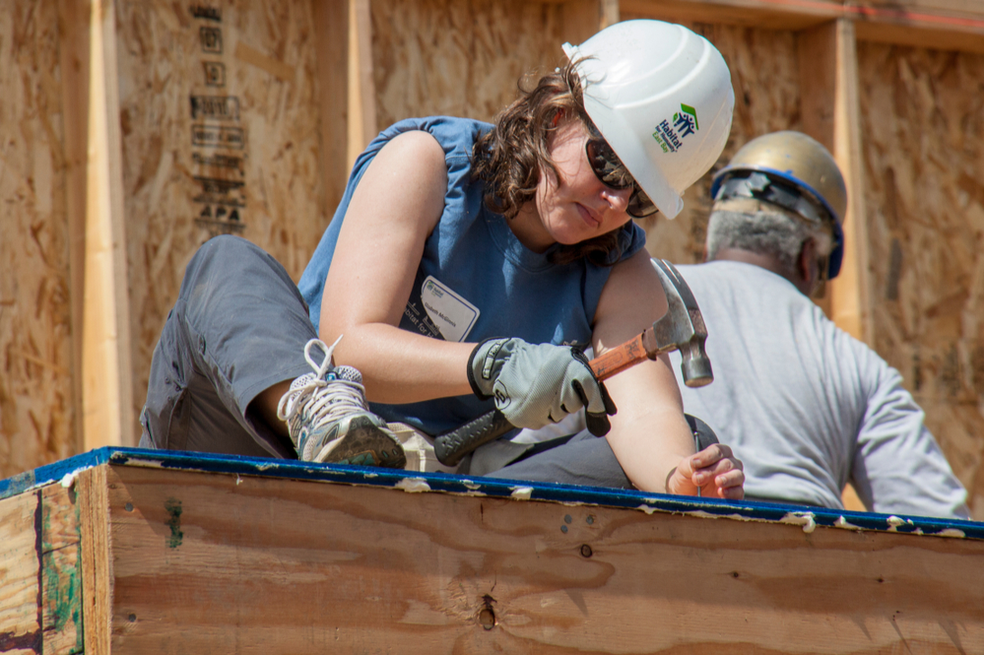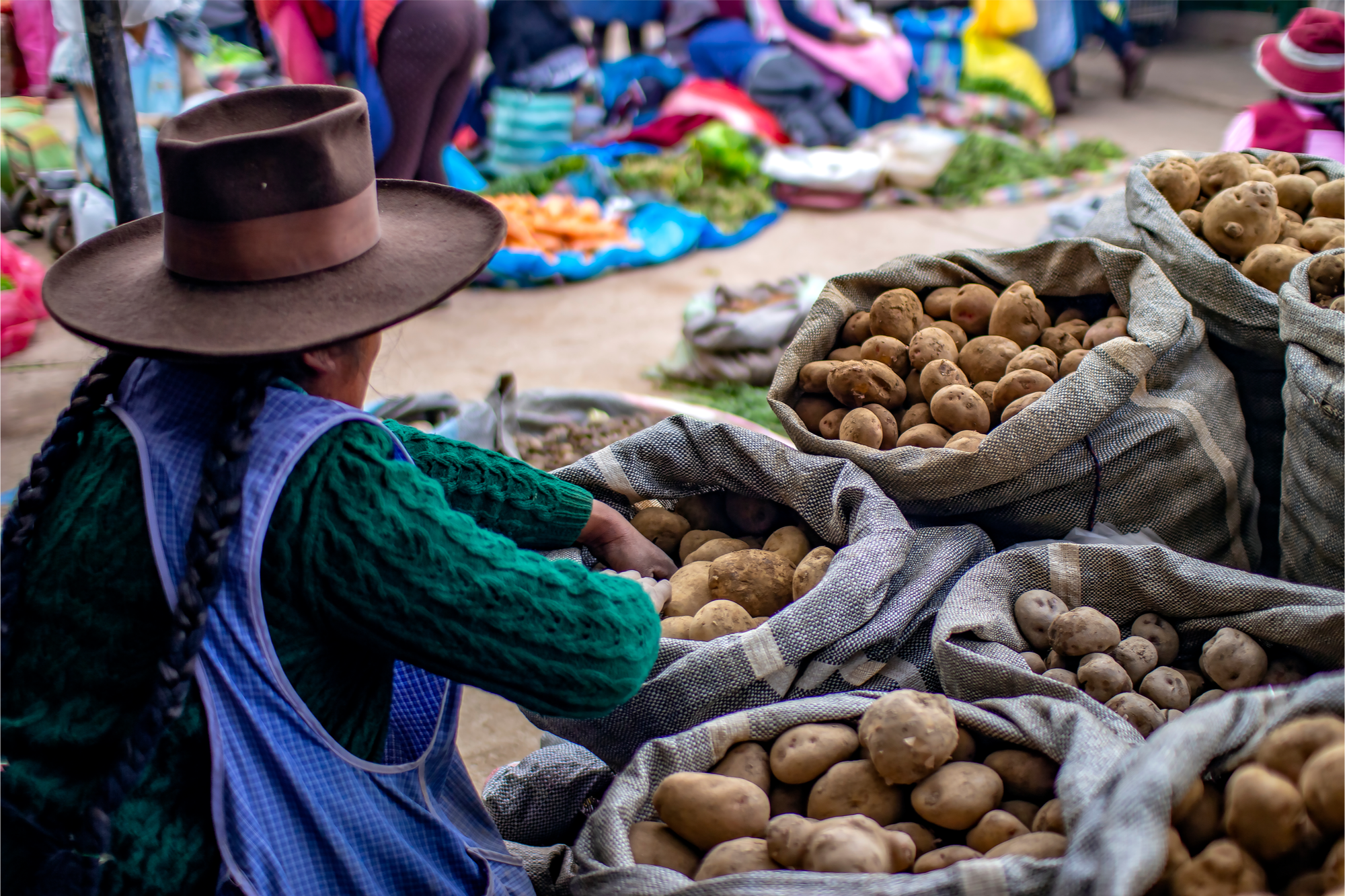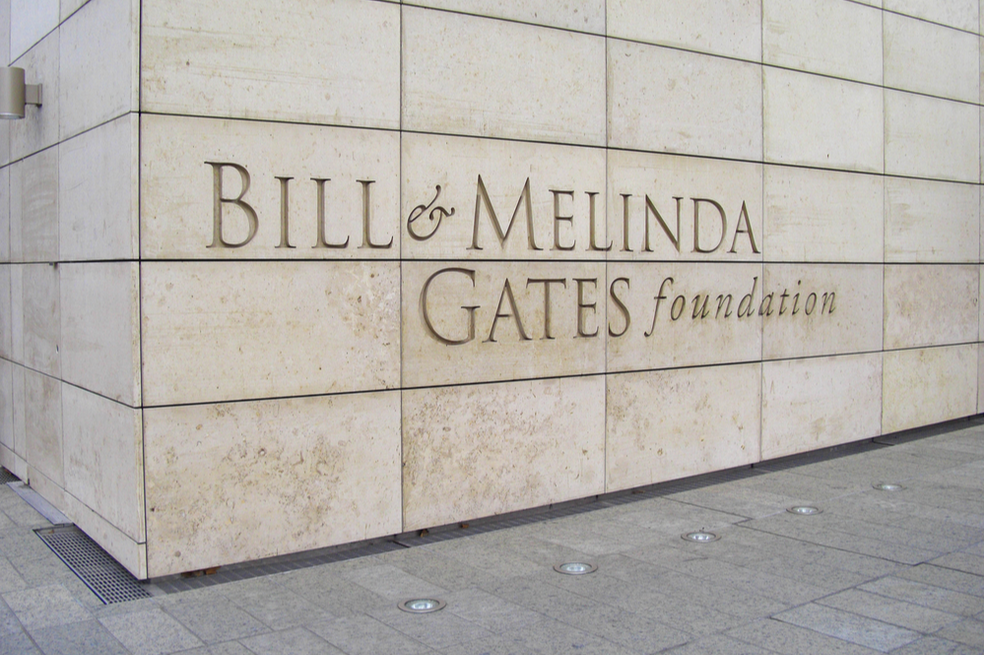"It Takes Time." In Africa, a Test of Philanthropy's Quest to Bring Safe Water to All
/A girl carrying water in Accra, Ghana. photo: Sura Nualpradid
How can philanthropy be a vanguard in confronting the life-and-death challenges facing millions of people worldwide in the area of water, sanitation and hygiene (WASH)?
Put that question to Chris Dunston, senior program officer at the Hilton Foundation, and he’ll give you this answer: Philanthropists can assume some of the risk by showing larger organizations, such as the World Bank, that WASH models like the one Hilton is trying in Ghana are effective.
A lot rides on Dunston’s answer, and on Hilton’s Ghana effort, since 783 million people around the globe lack access to clean, safe water, and 2.4 billion lack adequate sanitation facilities—resulting in hundreds of thousands of deaths from diarrhoeal disease each year, mostly of children. Those are grim numbers to dent without effective solutions that can be scaled up and backed by funders like the World Bank.
As we’ve reported before, Hilton supports WASH groups working in water-stressed regions in Africa, India, and Mexico. It has staked out a prominent spot in the WASH space, along with funders like the Gates, Ikea, and Caterpillar foundations. Hilton’s strategy in this area has been evolving in recent years, as we’ve reported, and Ghana is one of six countries with active projects as part of Hilton’s 2017-2021 WASH grantmaking blueprint.
Related:
- Clean Water for All: How Well Is Philanthropy Handling One of the World’s Biggest Challenges?
- Hilton Tweaks Its WASH Strategy
This work focuses on advancing WASH solutions and models that are proven and show promise, strengthening in-country water governance systems, and “building and disseminating credible and actionable evidence.”
In Ghana and elsewhere, Hilton is working on district-based programs to bring multiple disciplines together. The goal is simple: to “get the job done" and promote water-service delivery that can withstand time and regional political infighting and bureaucracy, which are major challenges.
“In Ghana, you have 216 district assemblies, and the local and regional authorities are bound by government edicts,” said Dunston, who works on the foundation’s Safe Water Strategy, in an interview with Inside Philanthropy. “Those are our labs … [we are] taking a collective impact approach to engaging with government and civil society to reach 100 percent of sanitation and hygiene needs for that district, while mapping out how that can take place.”
Dunston said that in Ghana, Hilton is partnering with IRC out of the Netherlands. “The focus is, again, not rushing to build, but rather understand water policies—how they're decentralized, how roles are assigned, what are the barriers, ensuring these systems allow multiple actors to provide water services.”
Hilton looks favorably on market-based delivery systems, as opposed to old-school approaches that assume that all funders need to do is establish a water supply people can walk to, without regard for sustainability or other issues. As we’ve often reported, many WASH projects fail due to a “dig and dash” mentality that doesn’t plan for maintenance of water systems over time.
Related: A Beer With Bill Gates: Some Advice on How to Succeed in a Critical Funding Niche
"We're just getting started,” Dunston said. “Ghana is further along than neighboring countries that Hilton Foundation has work in. Uganda in east Africa is furthest along. They have a ministry of water, having broken up the country into five water zones, and have created a water bureaucracy."
In Uganda, Hilton awarded Water for People $3 million to support its ongoing work in the rural Kamwenge District. The grant will help the group connect with local partners to accelerate and scale up its efforts to deliver “high-quality water services to over 100,000 people,” in the region.
Related: Keep It Flowing: A Look at a Big Hilton Gift for WASH
We’ve reported here before that Hilton’s WASH strategy has developed over time. When the Hilton Foundation laid out its WASH plans with its Safe Water program in 2010, it stressed access to safe water and sanitation as a major global health and development challenge.
Years later, operating under the 2010 strategy and with the adoption of the sixth U.N. Sustainable Development Goal (SDG 6), Hilton began working on an additional approach in its WASH grantmaking, even as access remained at the heart of its work.
SDG 6 calls for the “availability and sustainable management of water and sanitation for all” by 2030. Within that larger goal, the U.N. calls for greater international cooperation and increased capacity building support for WASH activities in least-developed countries, as well as boosting local community participation in improved WASH management. Or as the Hilton Foundation puts it, “pushing for bigger and better services.”
Hilton makes grants through its Safe Water program in pretty large chunks. For example, in a 2016 funding round, it gave $5 million to the Safe Water Network, an outfit offering market-based WASH solutions using locally sourced water for its Safe Water Stations, which are operated by local owner/operators. World Vision also received $3 million for its sustainable WASH services in healthcare facilities located in Mali. And PATH landed a $1.5 million award to advance the development of an onsite chlorine generator to treat drinking water and prevent infections in health facilities, schools and local communities.
Will the Hilton model work in Ghana? Stay the course, Dunston advises, and be patient.
"It takes time; it's a long-term investment," the senior program officer said.
Once the results are in, we’ll have the beginnings of an answer to the bigger question posed at the top of this post—namely, what is the role of philanthropy in leading the way for clean water and sanitation around the world?
Meanwhile, an enduring problem in the WASH space is that not enough funders are working to meet one of humanity’s most basic needs. With so many lives at at stake, will more billionaires and foundations follow Hilton’s lead, taking similar calculated risks to ensure safe water for all?













